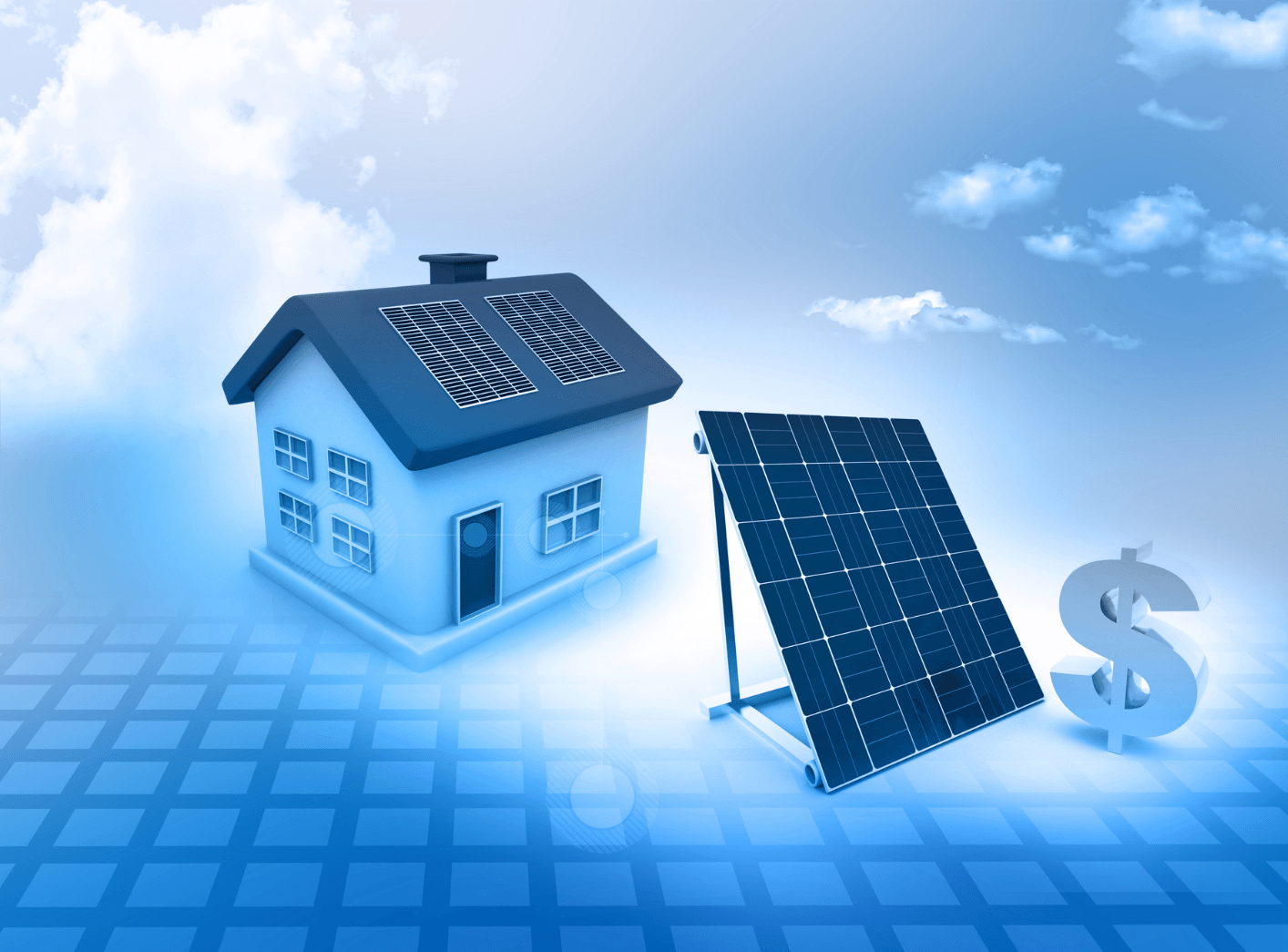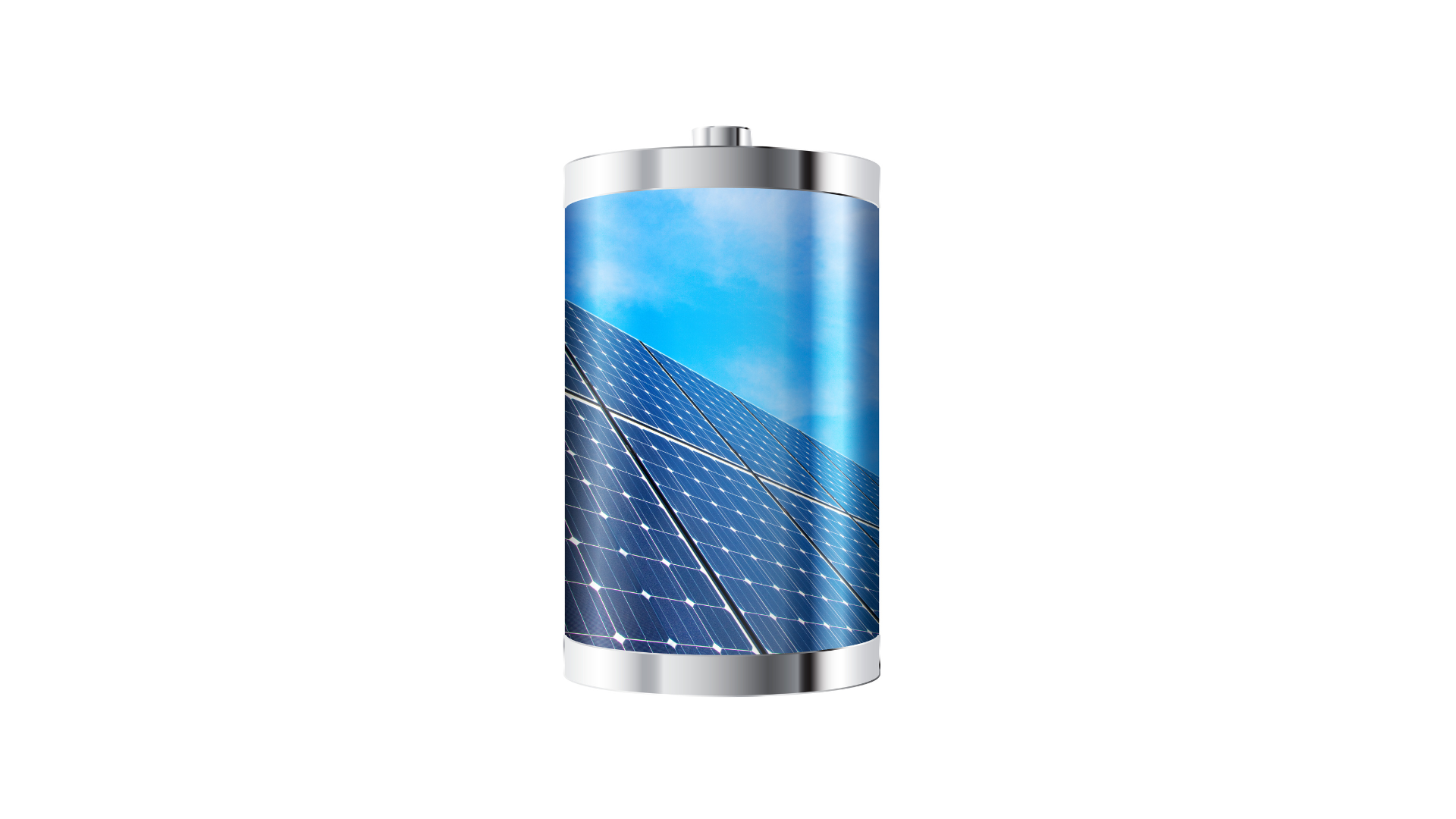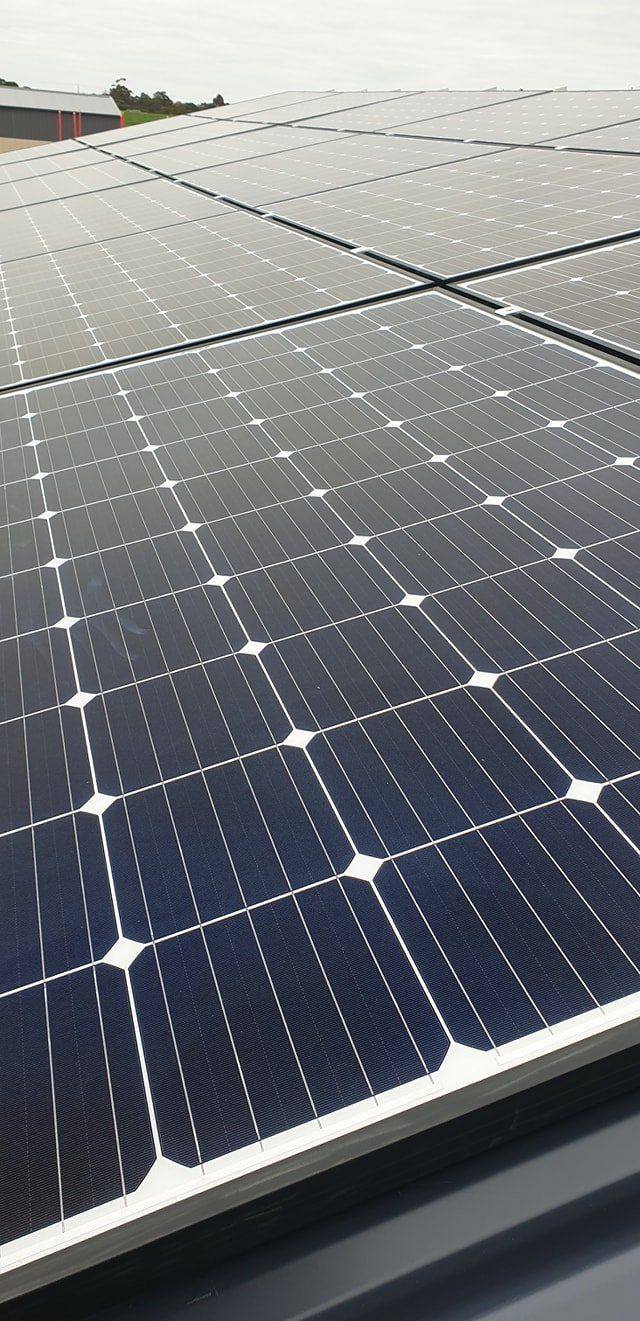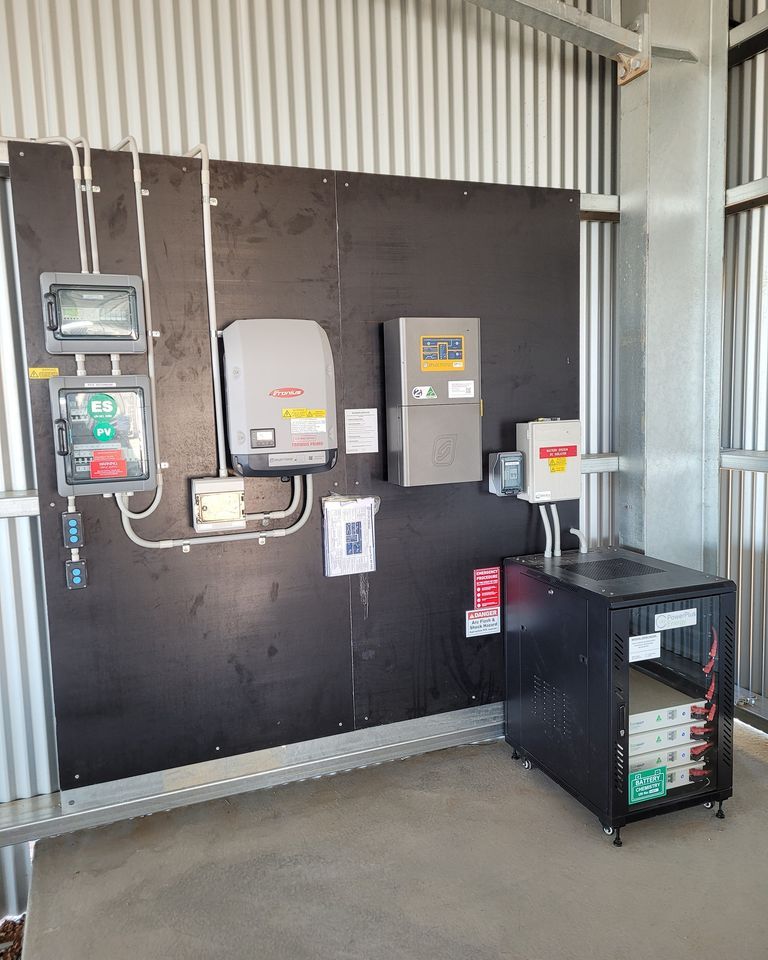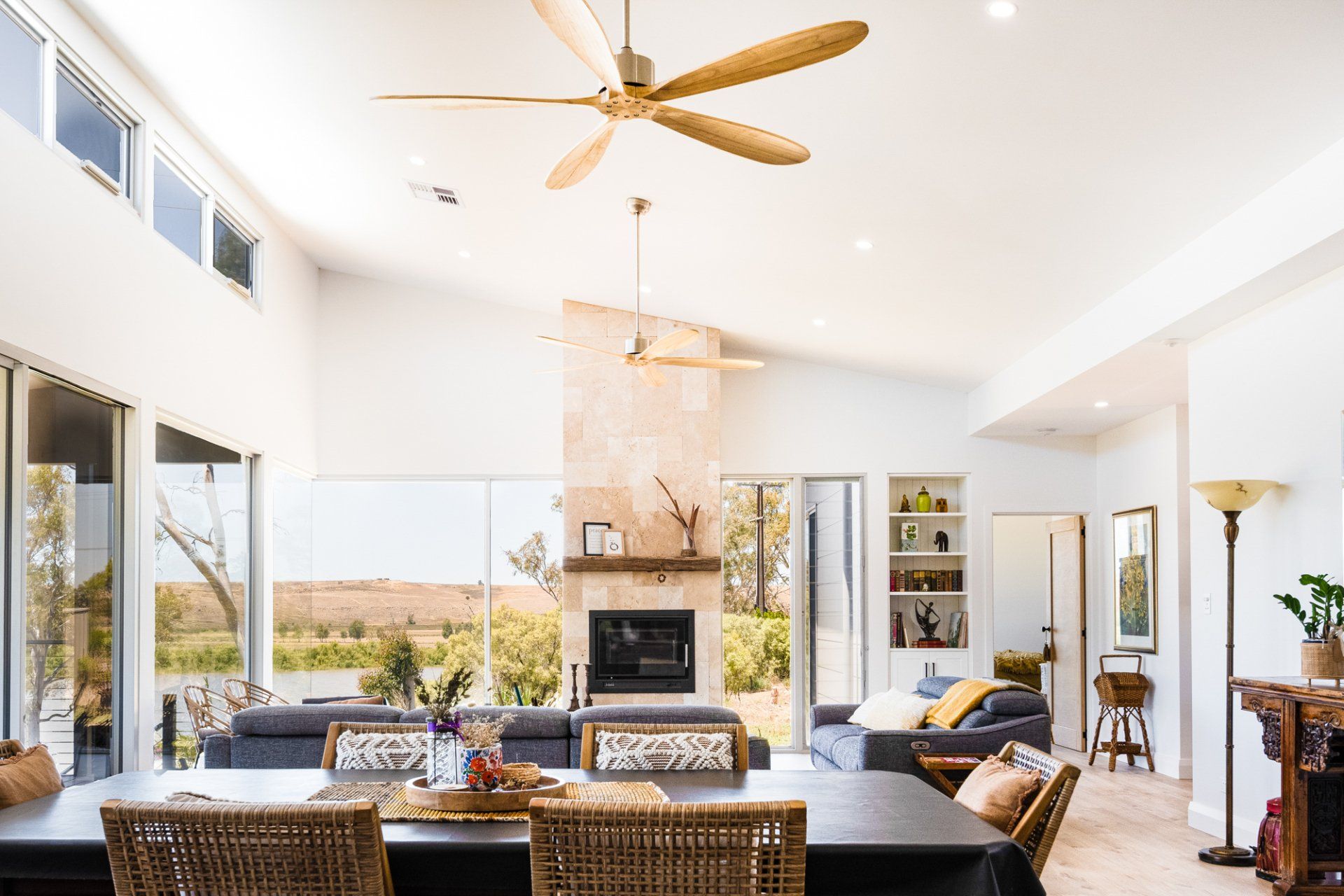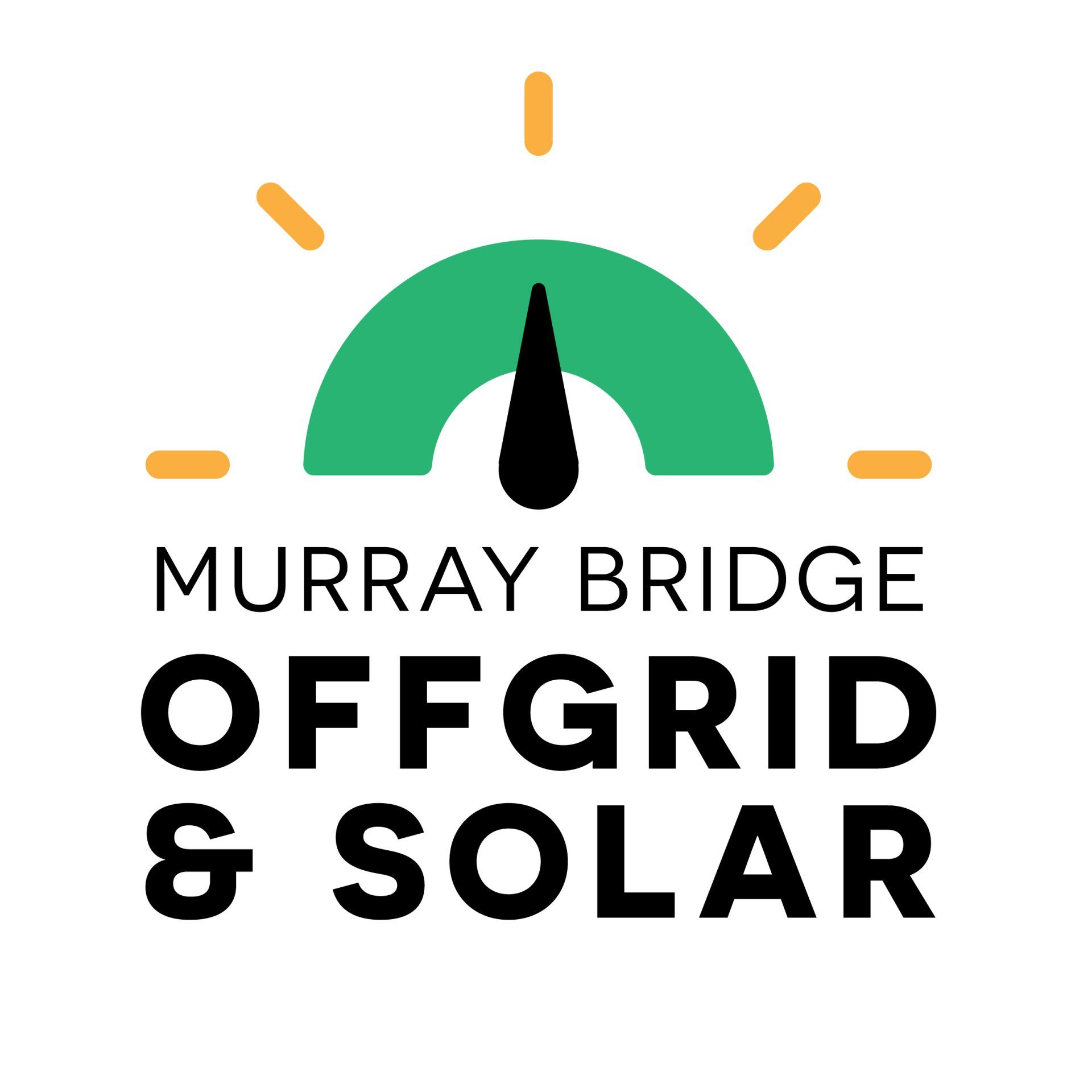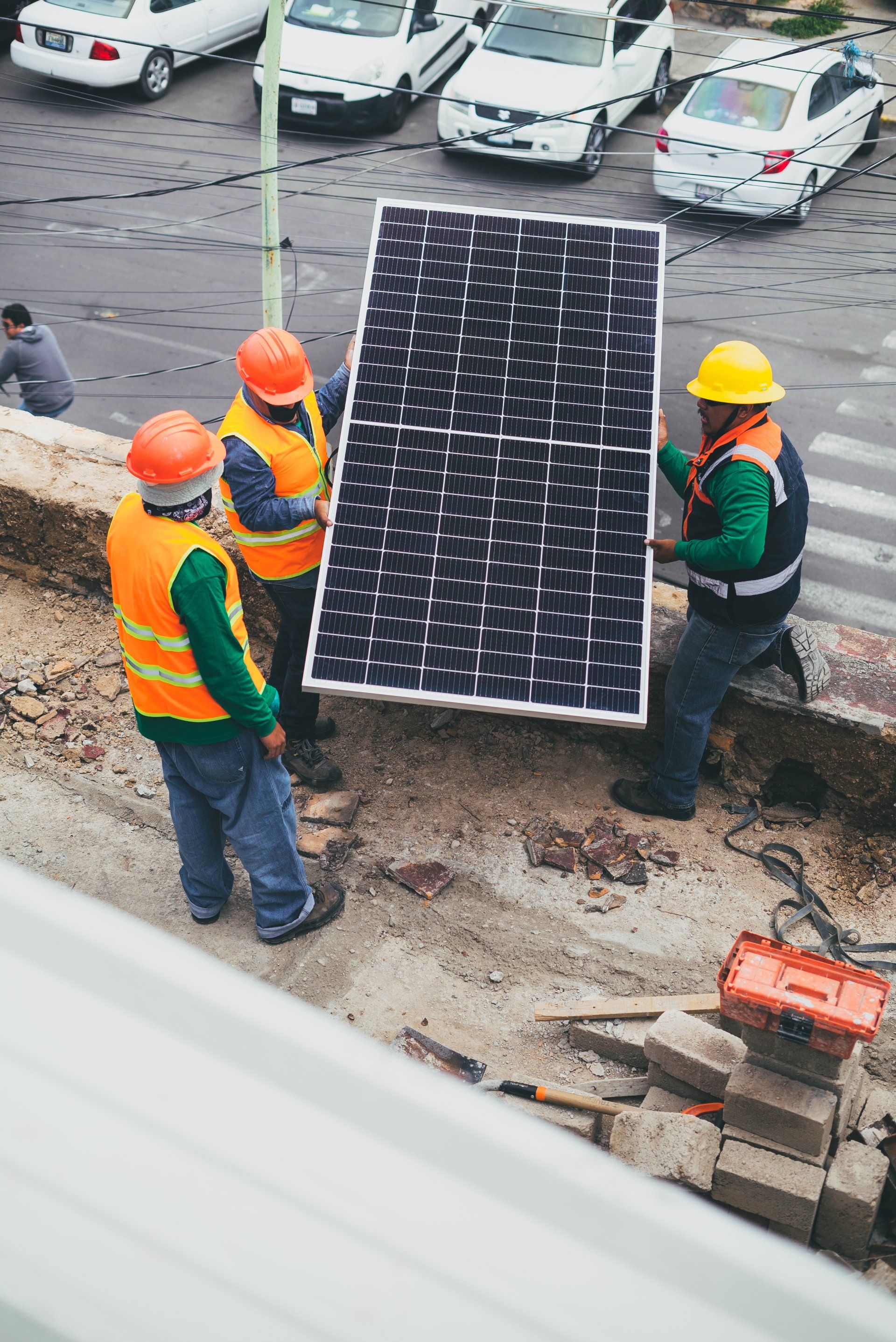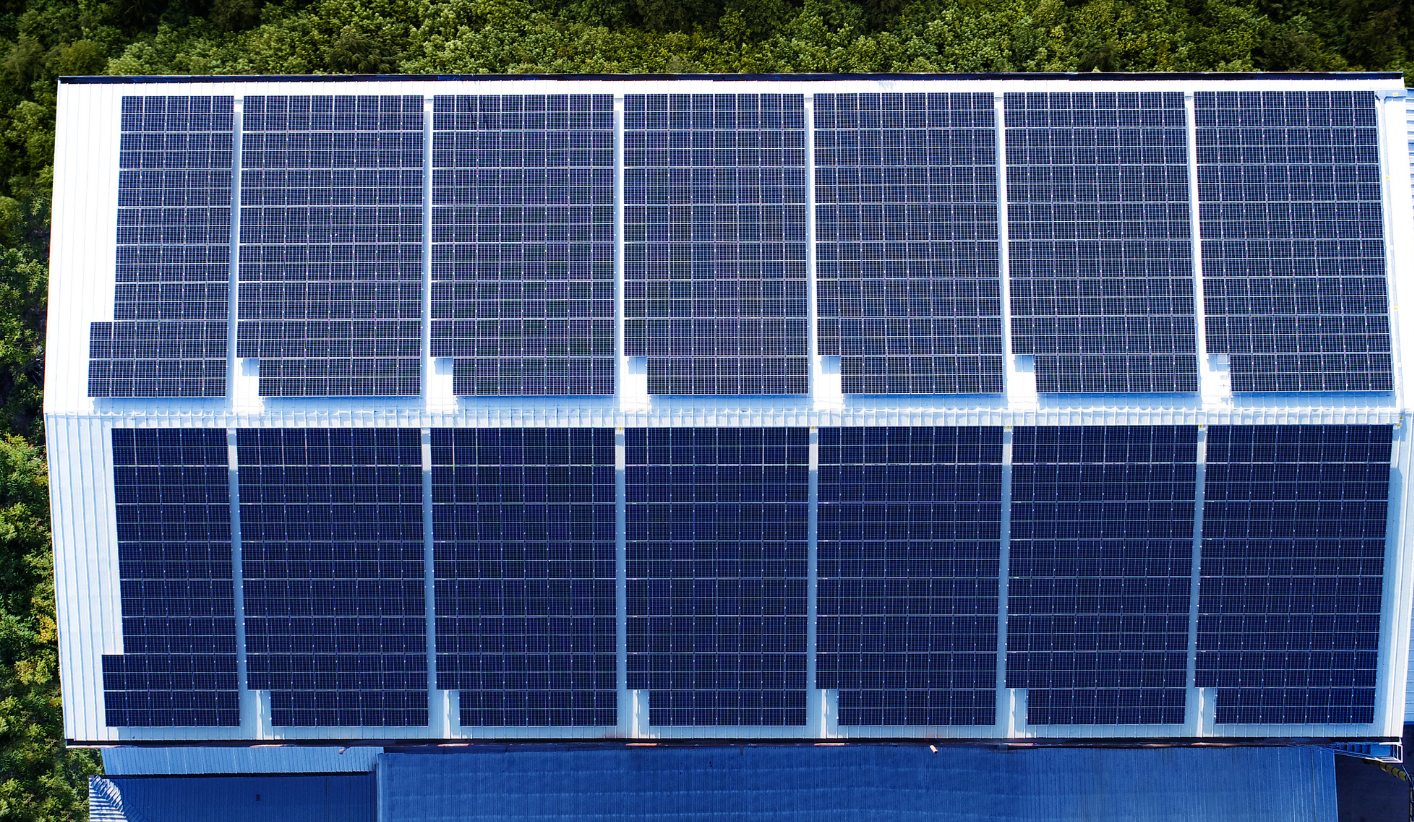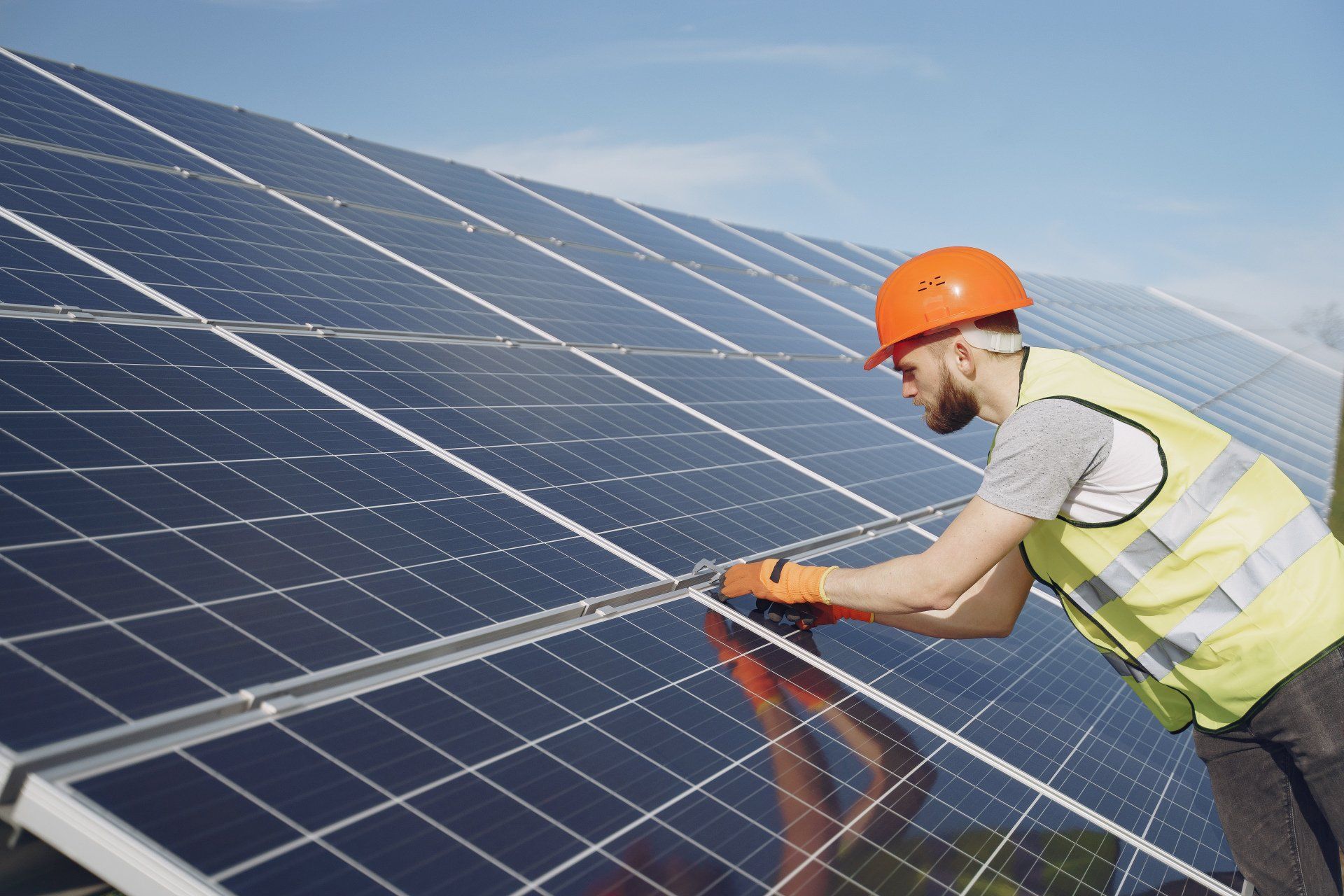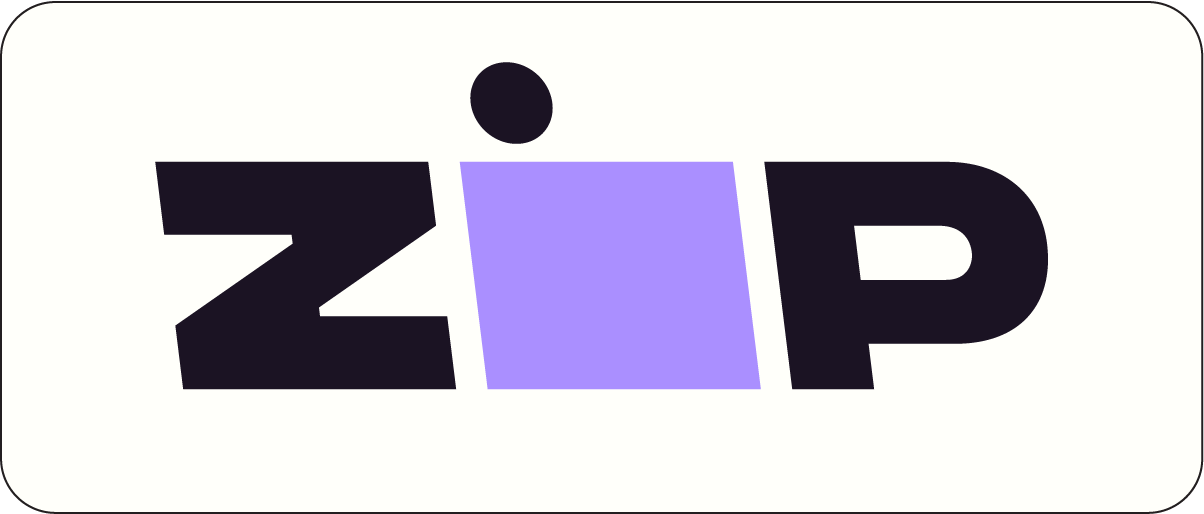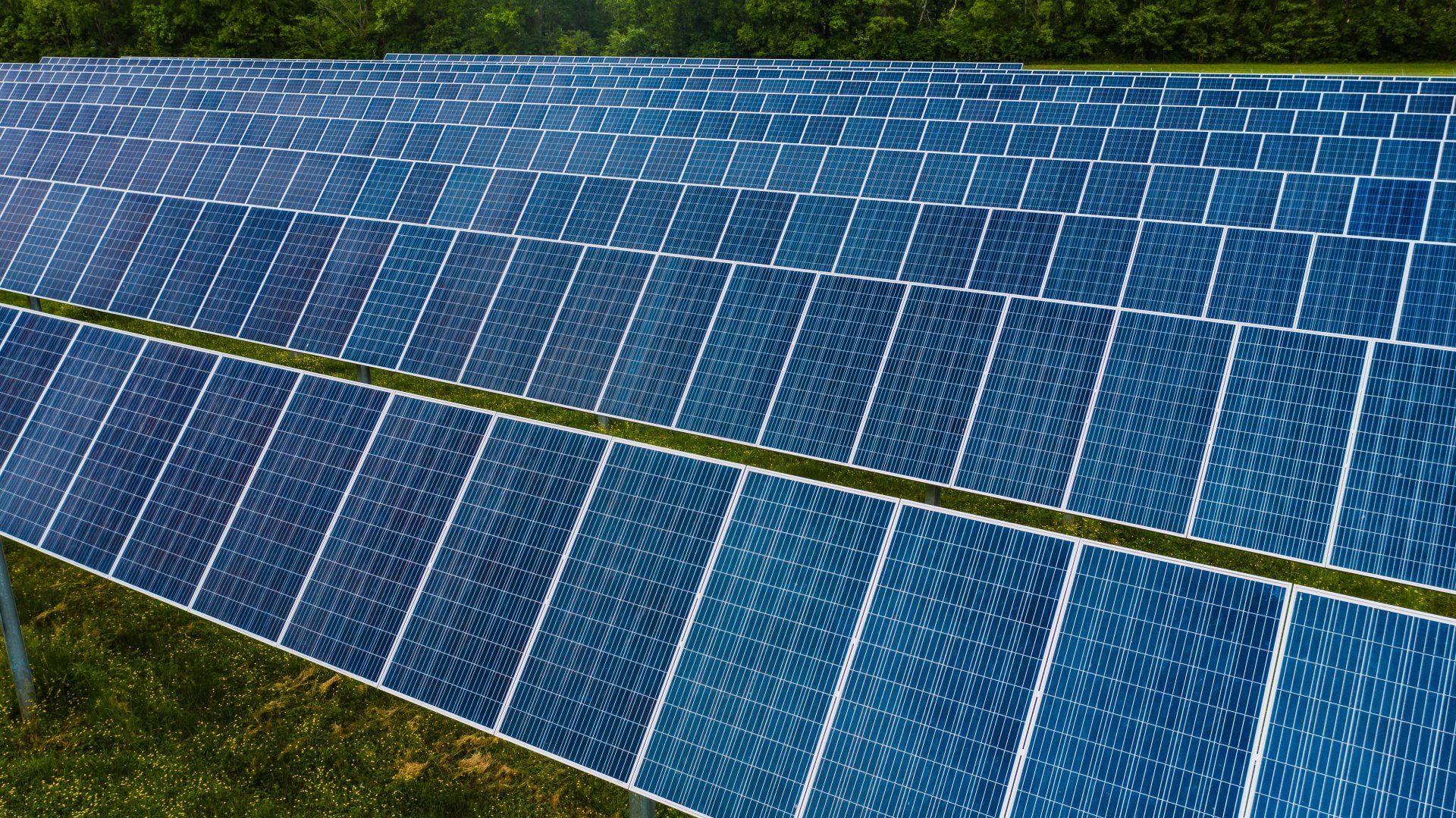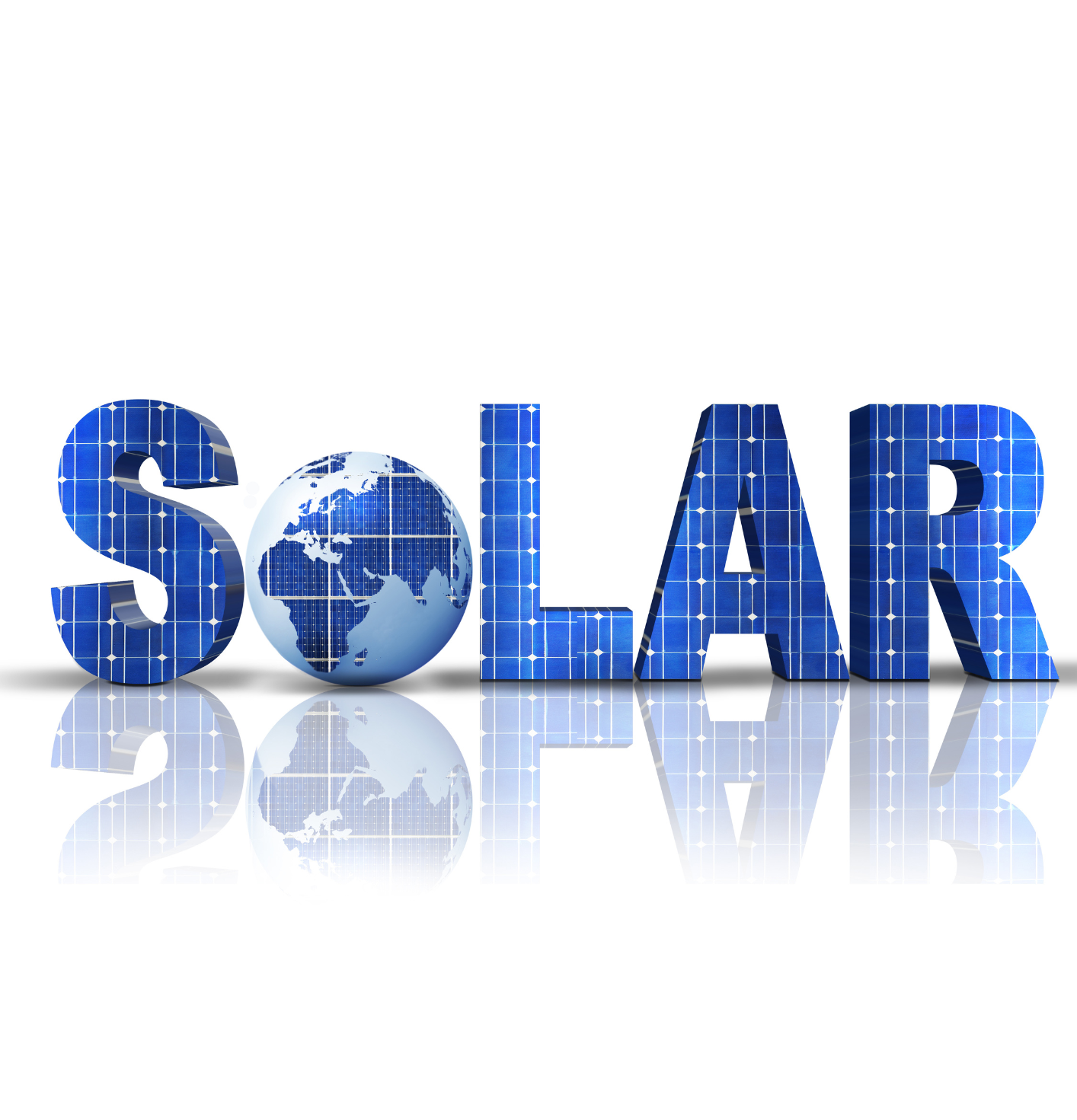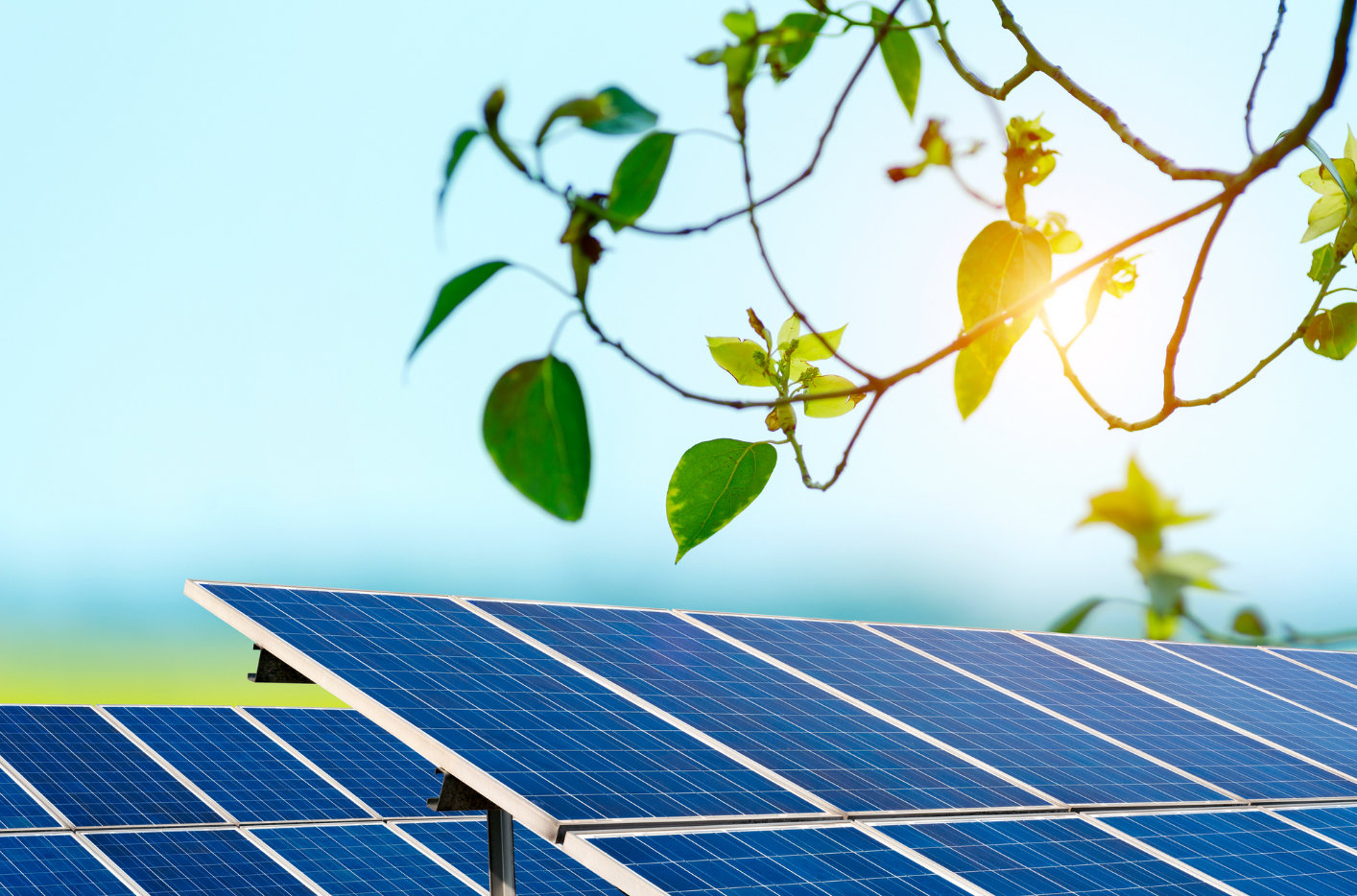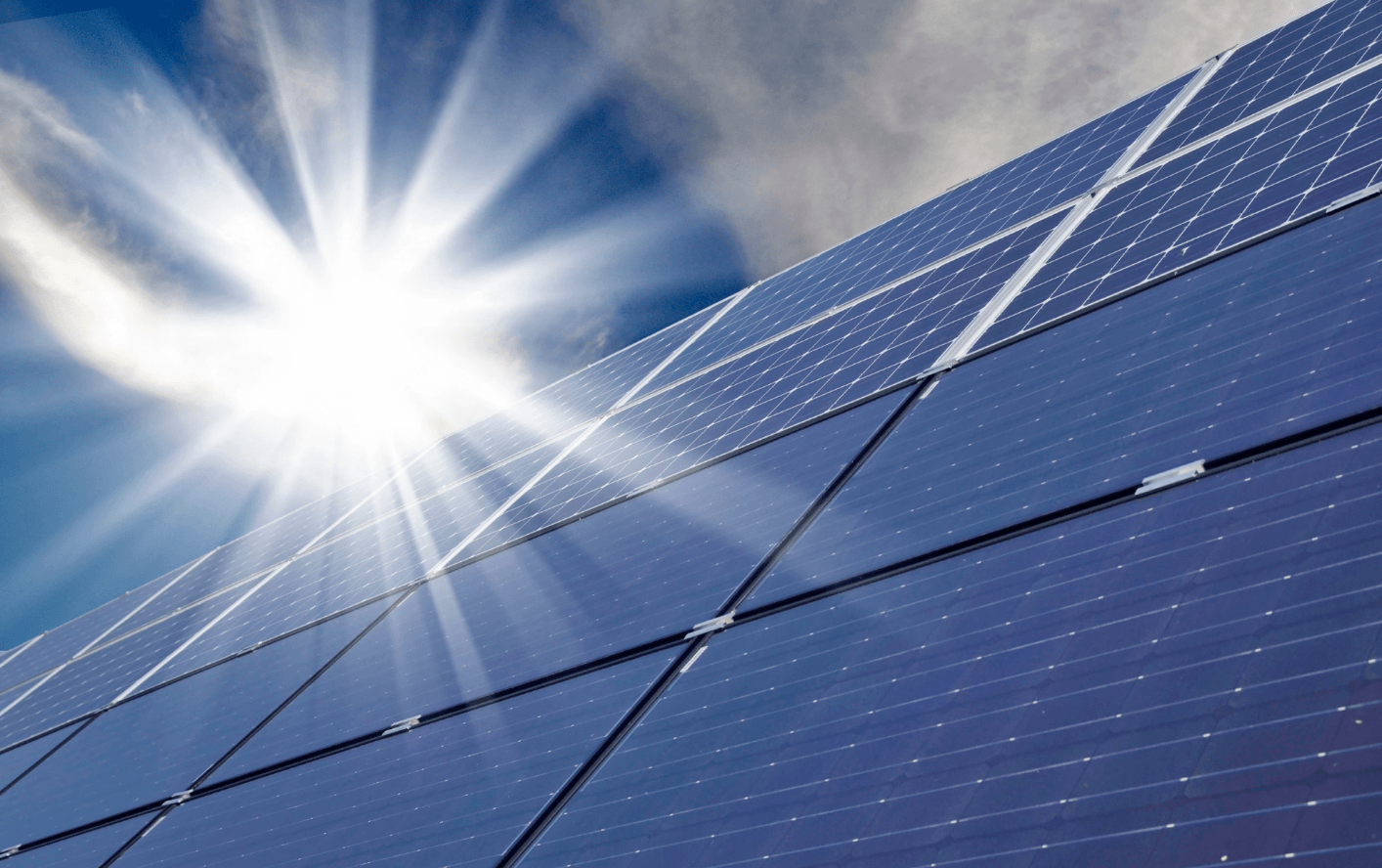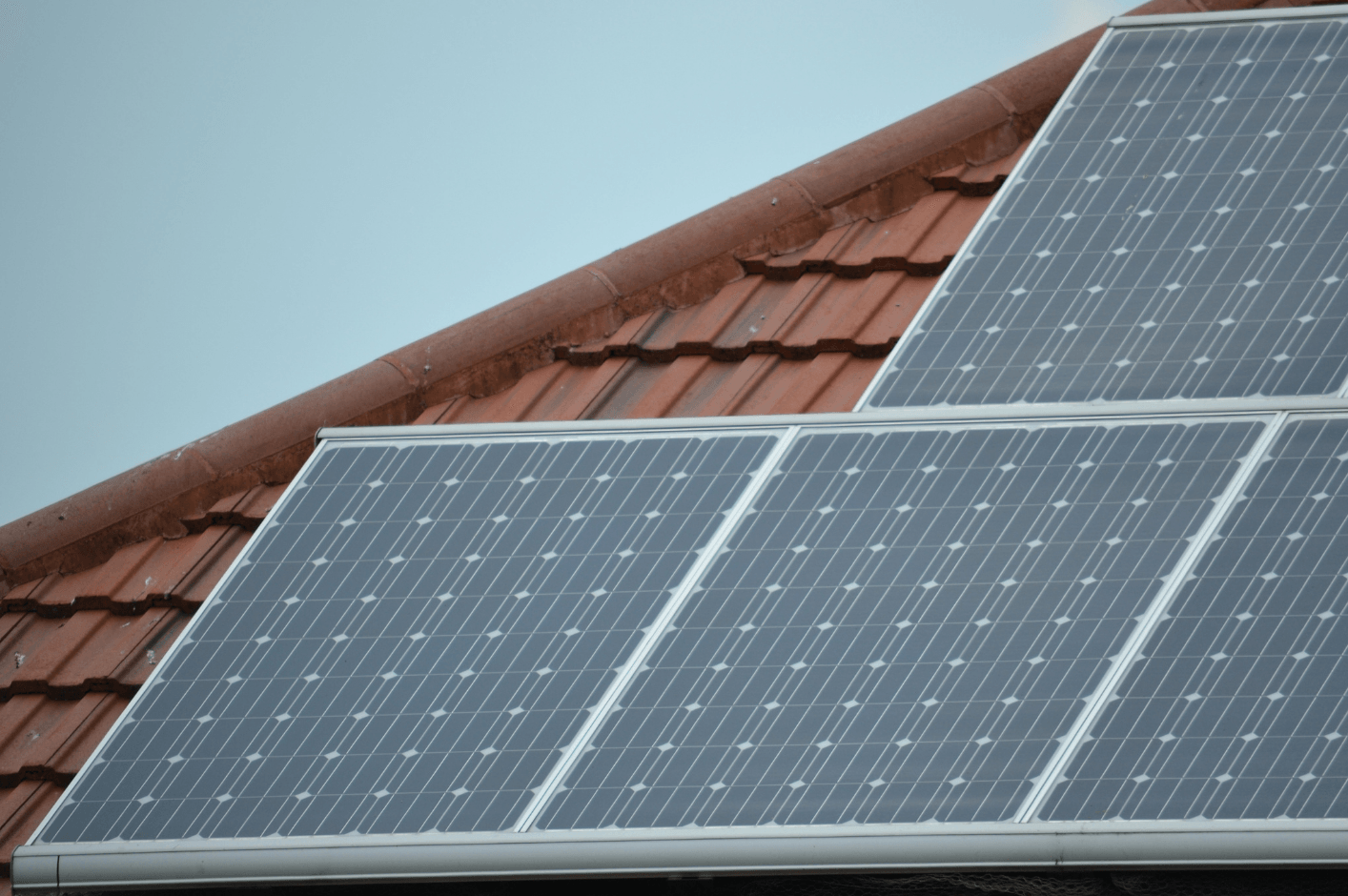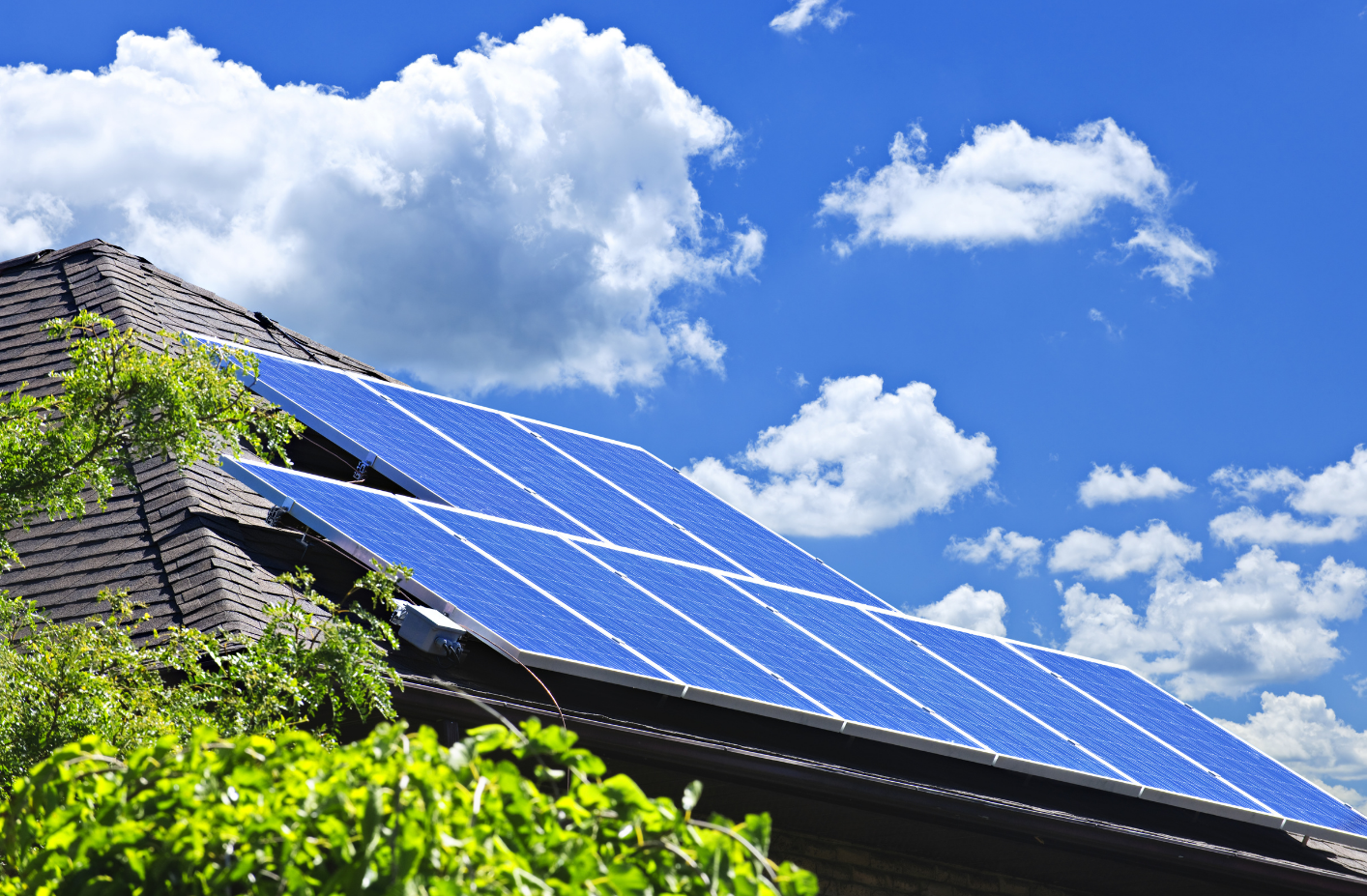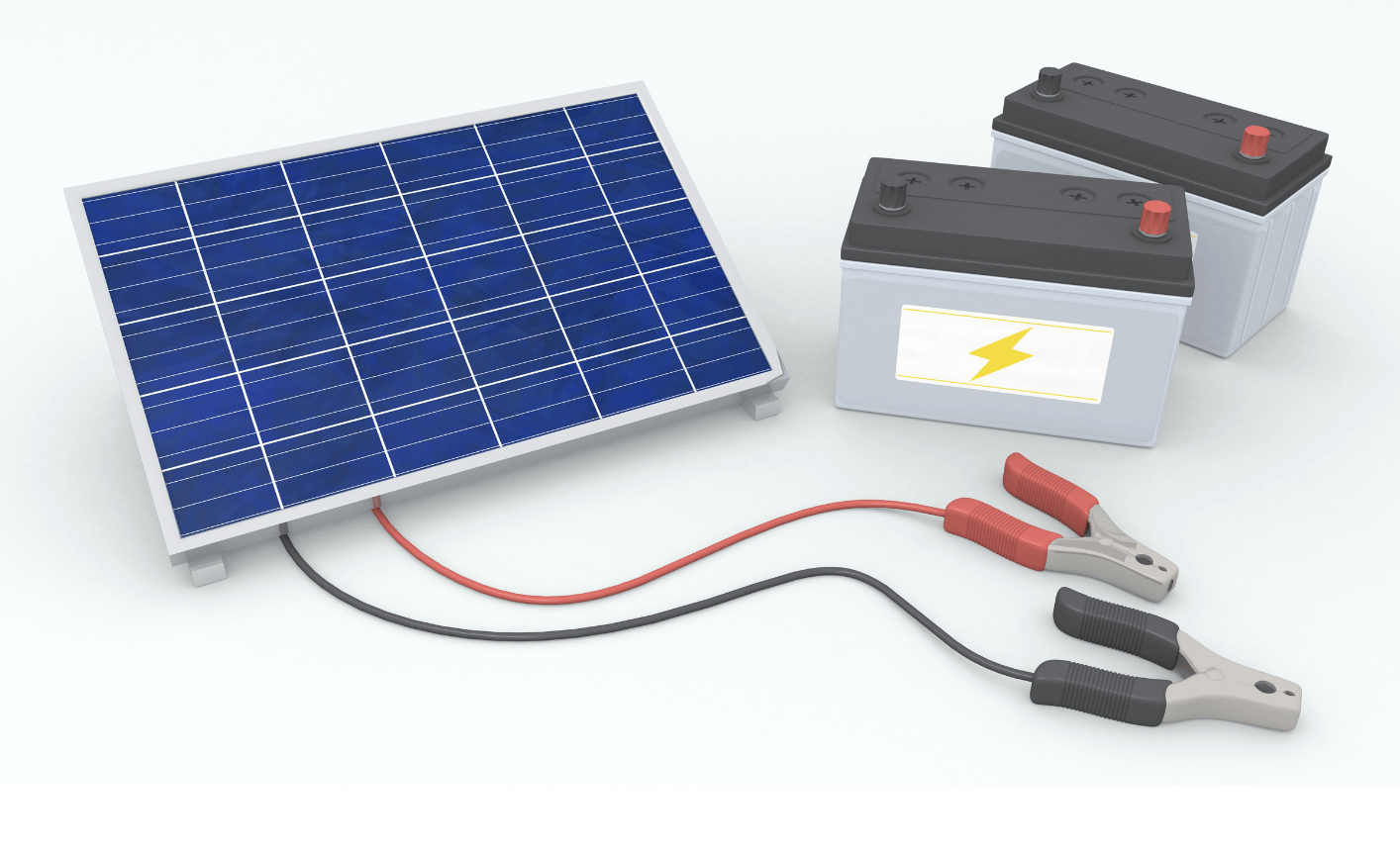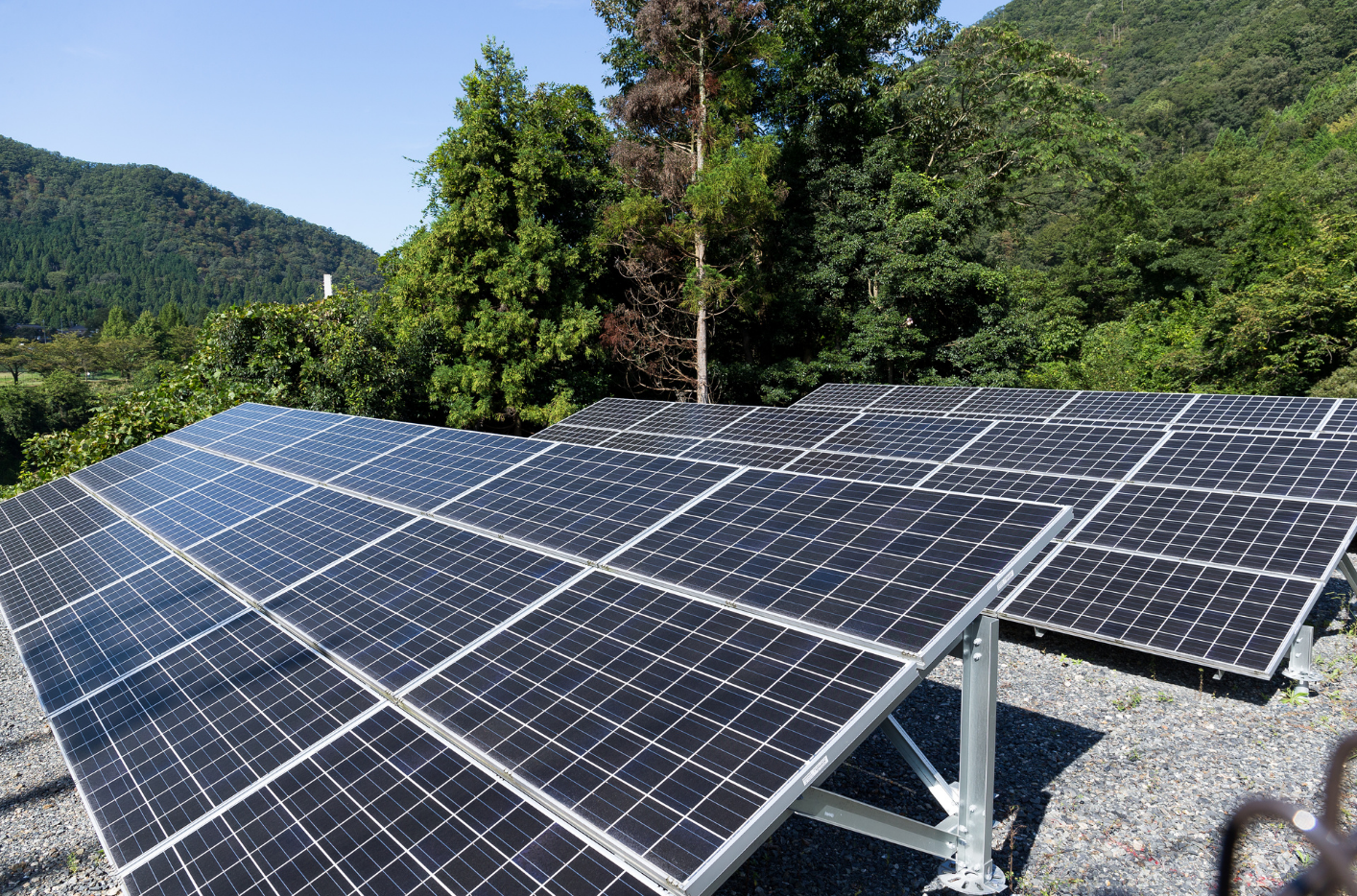How Solar Power Works
Solar Panels, Solar Inverters, Solar Batteries.. What are they and how do they work?
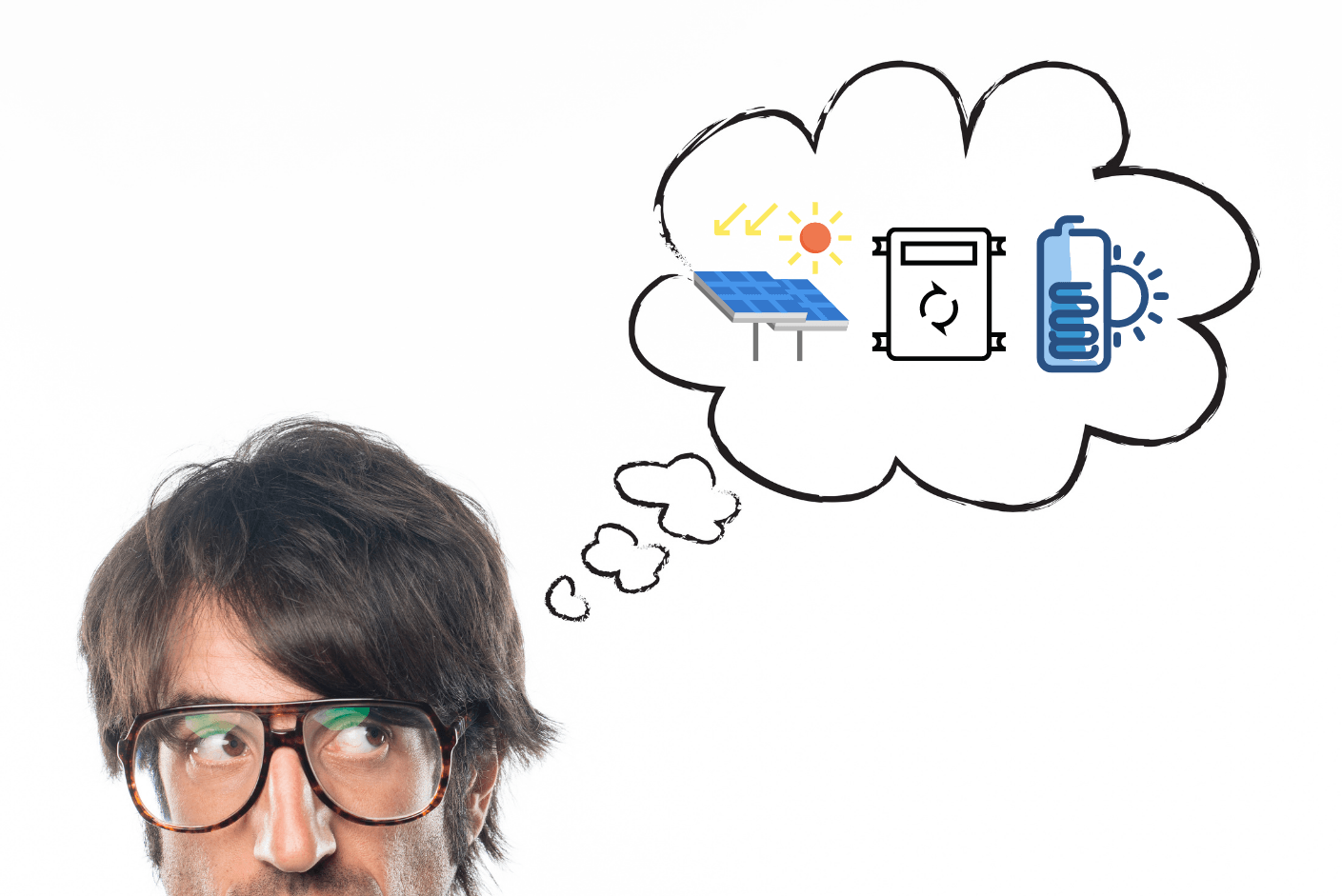
Solar Panels
Solar panels work by converting the energy from the sun into electrical energy. The solar panels are made up of small cells that convert the sunlight into electricity. The cells are usually made of silicon, which is a very efficient conductor of electricity. When the sun shines on the silicon, it creates an electric field and current flows between the two oppositely charged layers of silicon. This current is what powers your home or business.
Solar panels are most commonly used in on-grid systems, where they are connected to the electrical grid. This allows you to use solar power when the sun is shining, and then tap into the grid when the sun isn’t shining. You can also use batteries to store solar energy for use at night or during a power outage.
Off-grid systems are not connected to the electrical grid. Off-grid systems are usually more expensive than on-grid systems, but they offer the benefit of being completely independent from the electrical grid.
Hybrid systems are a mixture of both systems. These systems are usually connected to the electrical grid, but also have their own backup power source. This means you can use the solar power when the suns out and then switch to backup power when it's not sunny. Hybrid systems are a good option for those who want the security of backup power, but don’t want to be completely independent from the grid.
Solar power is a clean and renewable source of energy that can help you save money on your electric bill. Solar panels can be used in on-grid, off-grid, or hybrid systems to meet your specific needs.
Solar Inverters
Solar inverters are devices that convert the direct current (DC) output of a solar panel into alternating current (AC). This is necessary because most electronic devices, including those in your home, use AC power.
The inverter is connected to the solar panel array and the home's electrical system. It monitors the output of the solar panels and sends power to the home's electrical system when there is sufficient sunlight. The inverter also protects the home's electrical system from surges in power from the solar array.
Solar panels produce DC power, but most electronic devices in your home use AC power. In order to use the power from the solar panels, it must be converted into AC power by an inverter.
The inverter is a key component of a solar power system, and it is important to choose the right one for your needs. There are two types of inverters: central inverters and string inverters.
Centralized inverters are more efficient and can handle more power than string inverters but they are larger and more expensive, String inverters are less expensive and easier to install, but they are not as efficient.
It's always best to consult with a qualified solar installer to help you choose the right inverter for your needs.
Solar Batteries
There are two main types of batteries used in solar energy storage: lead-acid and lithium-ion. Each battery type has its own benefits and drawbacks, which are outlined below.
Lead-acid batteries are the most common type of battery used for solar energy storage. They have a long history of use in a variety of applications, and are relatively cheap compared to other battery types. However, they also have lower capacity than lithium-ion batteries and can only be discharged 30% to 40% per day to extend battery life.
Lithium-ion batteries are a newer technology that is rapidly gaining in popularity due to their high capacity and ability to be discharged at up to 90% each day without significantly reducing battery life. However, they are more expensive than lead-acid batteries and require specialised inverters and chargers.
Off-grid solar systems require batteries with enough capacity to store energy for two or more days, which typically means lead-acid batteries are not suitable. Hybrid grid-connected applications make use of cheaper hybrid (battery) inverters, which just need a battery with a capacity of 5 to 10 hours (overnight) depending on the application.
On-Grid Systems
An on grid solar system refers to a solar power system that is connected to the grid. This type of system can provide power to your home or business when the sun is shining, and you can also sell excess power back to the grid. On grid solar systems are a great way to reduce your dependence on fossil fuels, and they can also help you save money on your energy bills.
Off-Grid Systems
Off grid solar systems are not connected to the grid, and they are typically used in remote locations where it is not practical to connect to the grid. Off grid systems can be used to power your home or business, but you will need to have a backup system in place for times when the sun is not shining. Off grid solar systems are usually more expensive than on grid systems, but they can be a great option for people who want to be completely independent from the grid.
Solar power is always a great way to reduce your carbon footprint and save money on your power bills. But with so many different solar products and installation companies on the market, it can be hard to know where to start. That's where Murray Bridge Off Grid and Solar comes in. We are a family-owned business that has been installing solar systems in the Murraylands region for years. We know our stuff, and we're here to help you make the best choice for your home or business.
Give us a call today
to learn more about solar power and how it can work for you.

